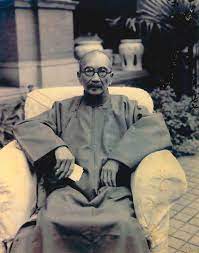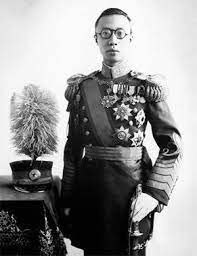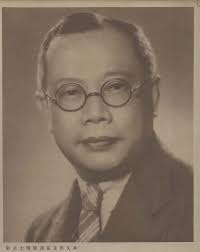Wu P'ei-fu 吳佩孚 T. Tzu-yü 子玉 Wu P'ei-fu (22 April 1874-4 December 1939), warlord and leader of the Chihli military faction who became the dominant military leader in north China in 1922. Although his control of the Peking government was broken by Feng Yü-hsiang in 1924, he continued to dominate the Honan-Hupeh-Hunan area until 1926, […]










